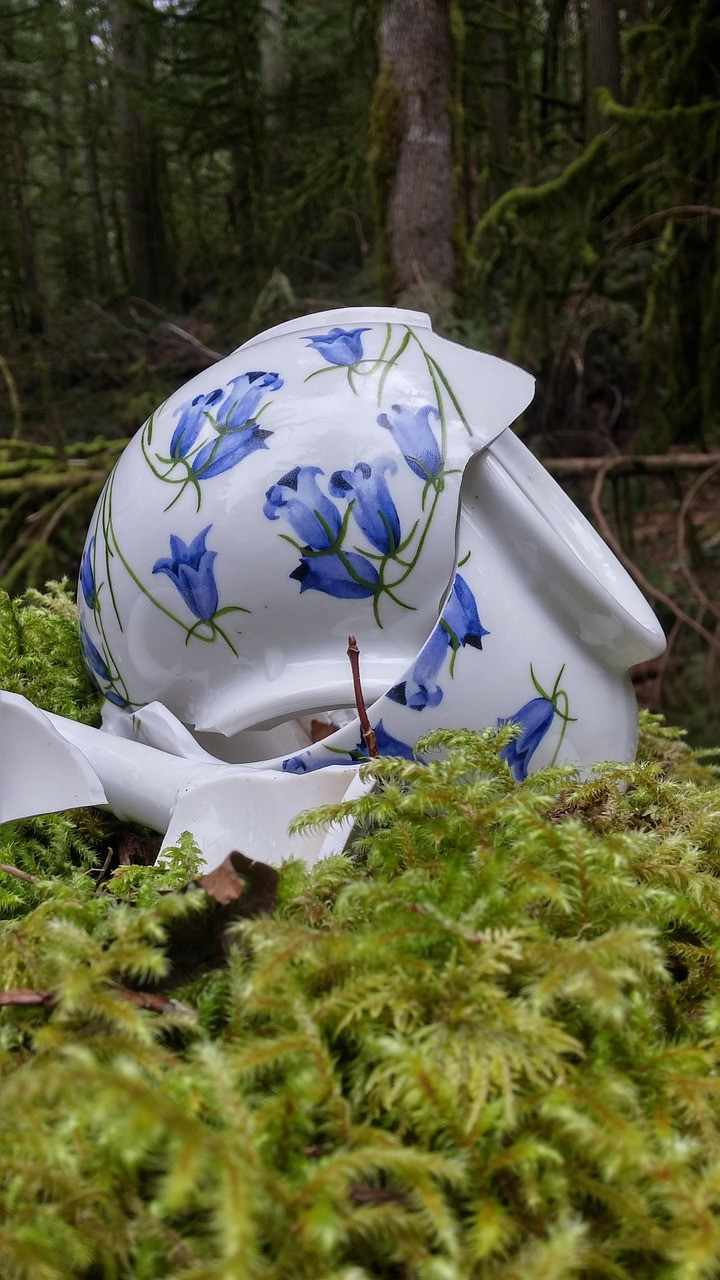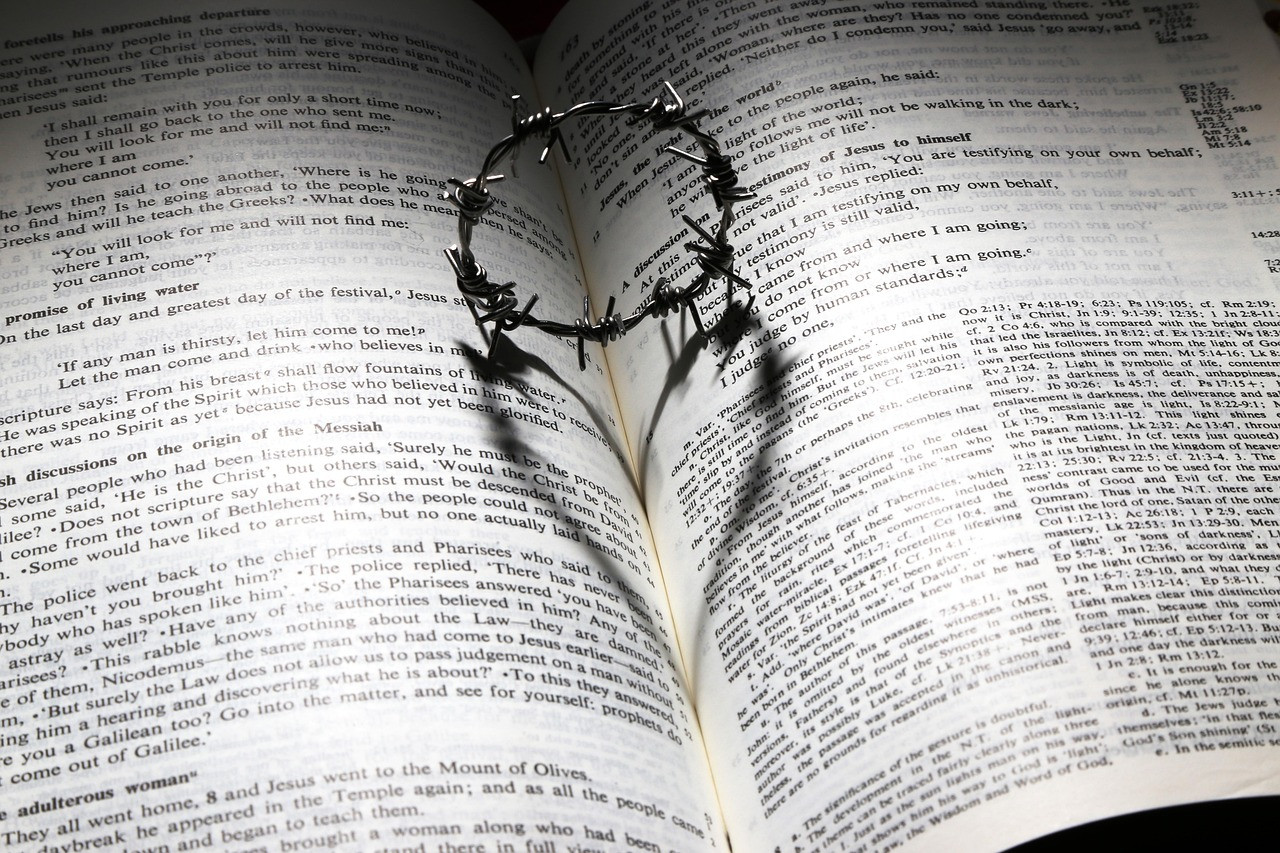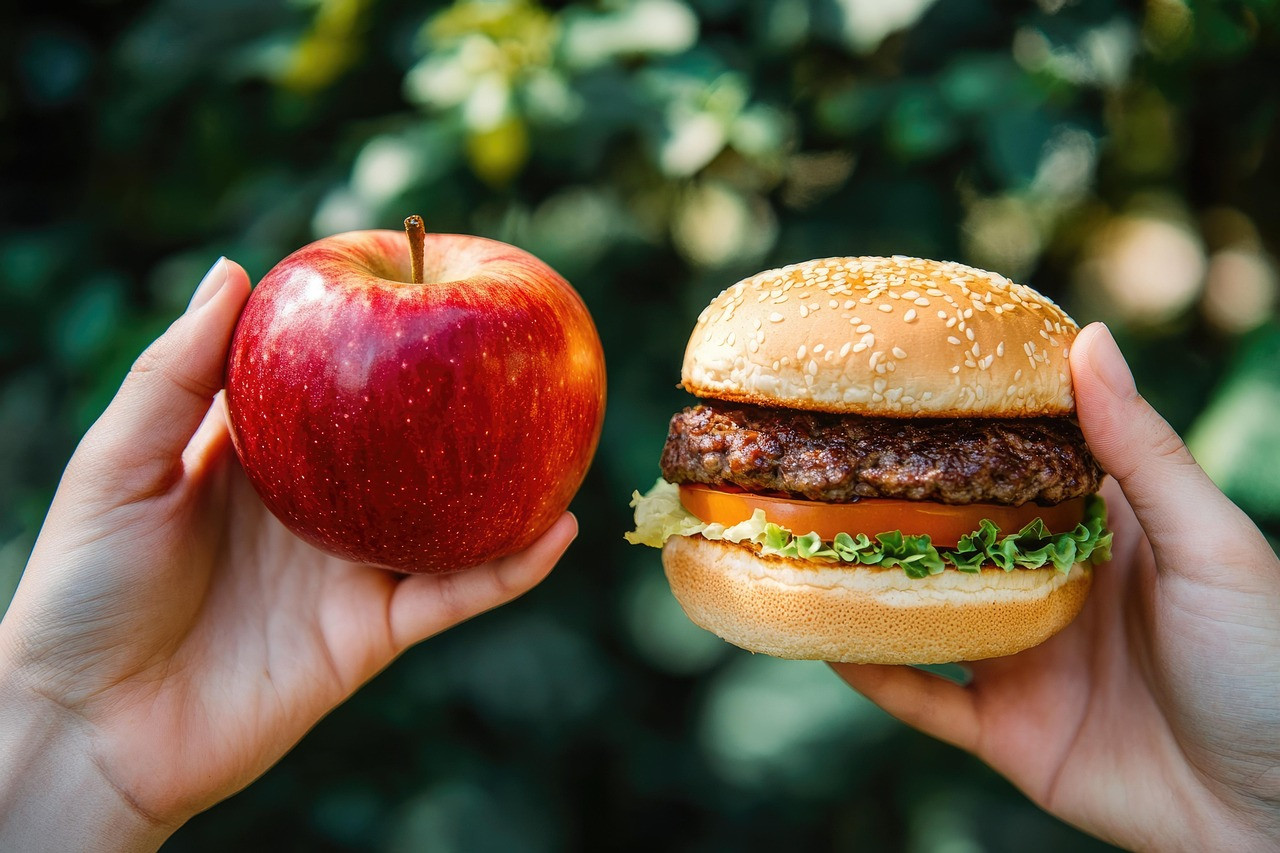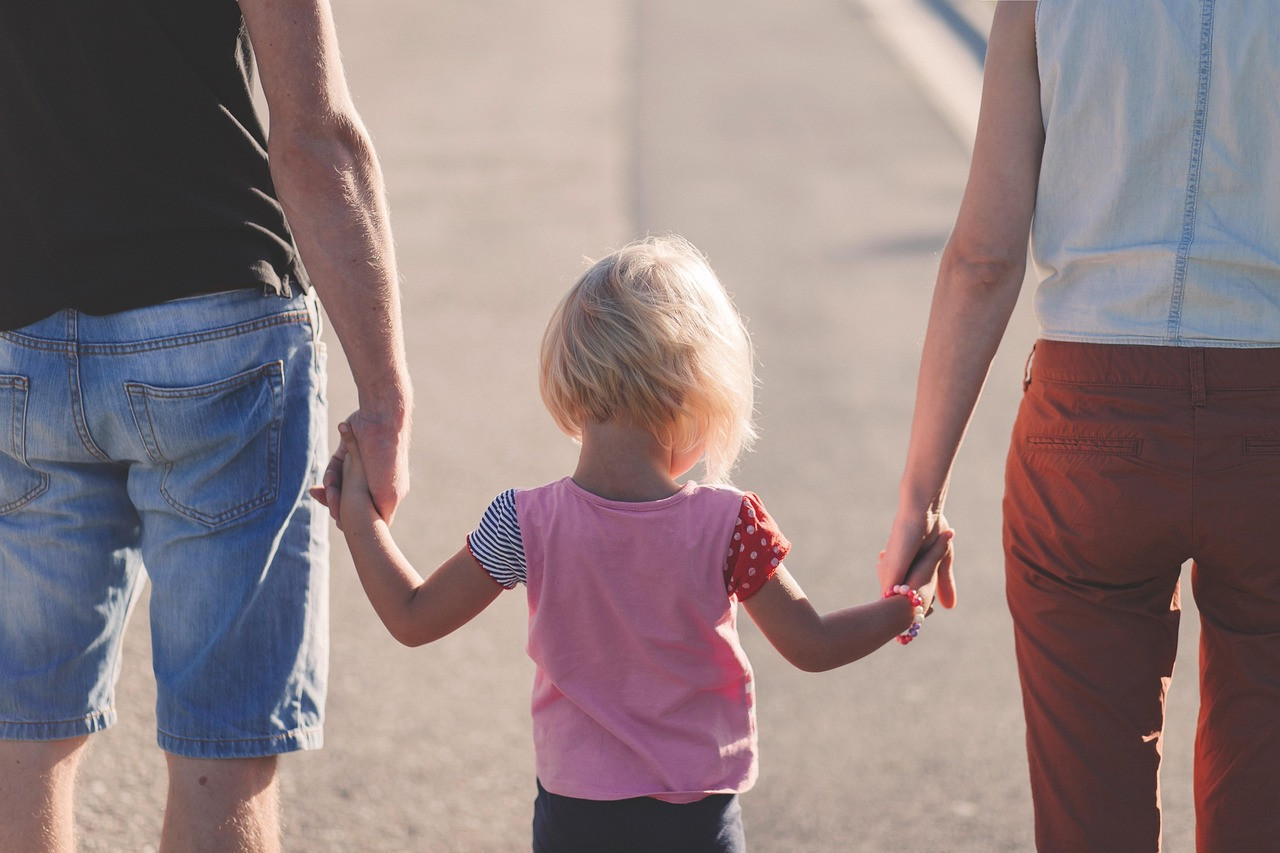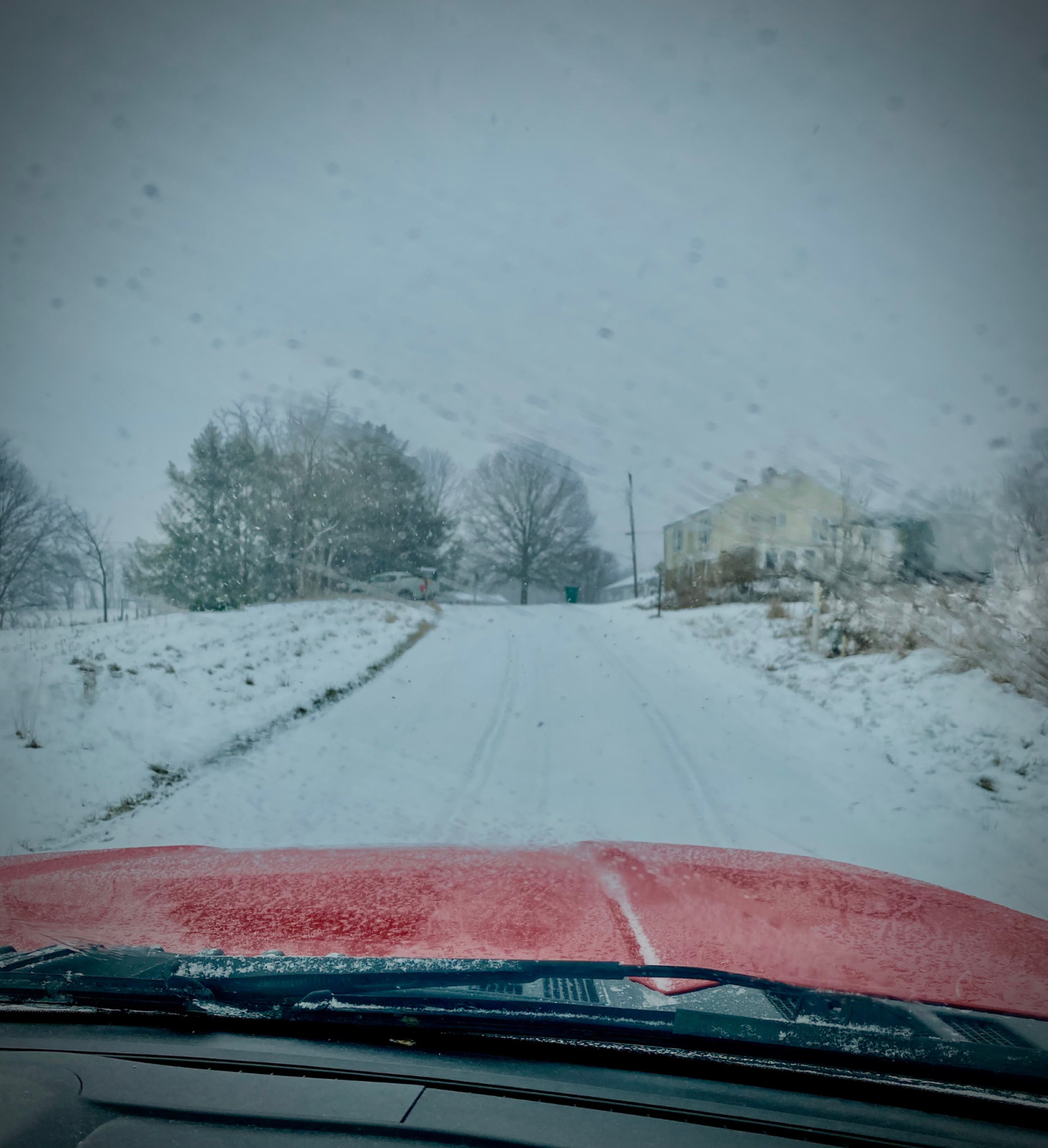
In Pittsburgh Pennsylvania, this morning it was 2 degrees Fahrenheit below zero and that is just not something that I think is acceptable. However, God didn't ask me when He made snow, but I'm pretty sure freezing is a result of the fall of man? I don't like it when I go to clean my car's windshield and the wiper fluid freezes into a firework pattern and blocks my view further, it's really annoying.
I'm not going to settle with spending every winter for the rest of my life in Pittsburgh in the cold and snow. My husband and I have plans to be snowbirds in retirement in Florida years from now. We don't plan on settling for freezing from December through March.
You too, don't have to settle.
There are times in life where we have to muddle through some things that are not pleasant so that we can get to the really great things that make life worthwhile. However, settling with something that isn't good for you or not God's best for you is like setting yourself up to accept less than for the long haul. Why would anyone want to do that?!
What is something you have been settling for?
Sometimes it's fear, or a preference for the things we are familiar with or have access to more immediately, and sometimes, it's a lack of faith that is more attainable.
Lord willing, my husband and I are having faith and taking actions to work toward snowbirding in Florida someday because we see no reason to settle for frozen toes and fingertips occurring simply to let the dogs out or try to get to work in a frozen car when the sun and warmth are there in Florida for the taking.
God has a plan for you!
To hear more on this topic, listen to this podcast: Stop Settling and Trust God's Plan. Click here to listen.
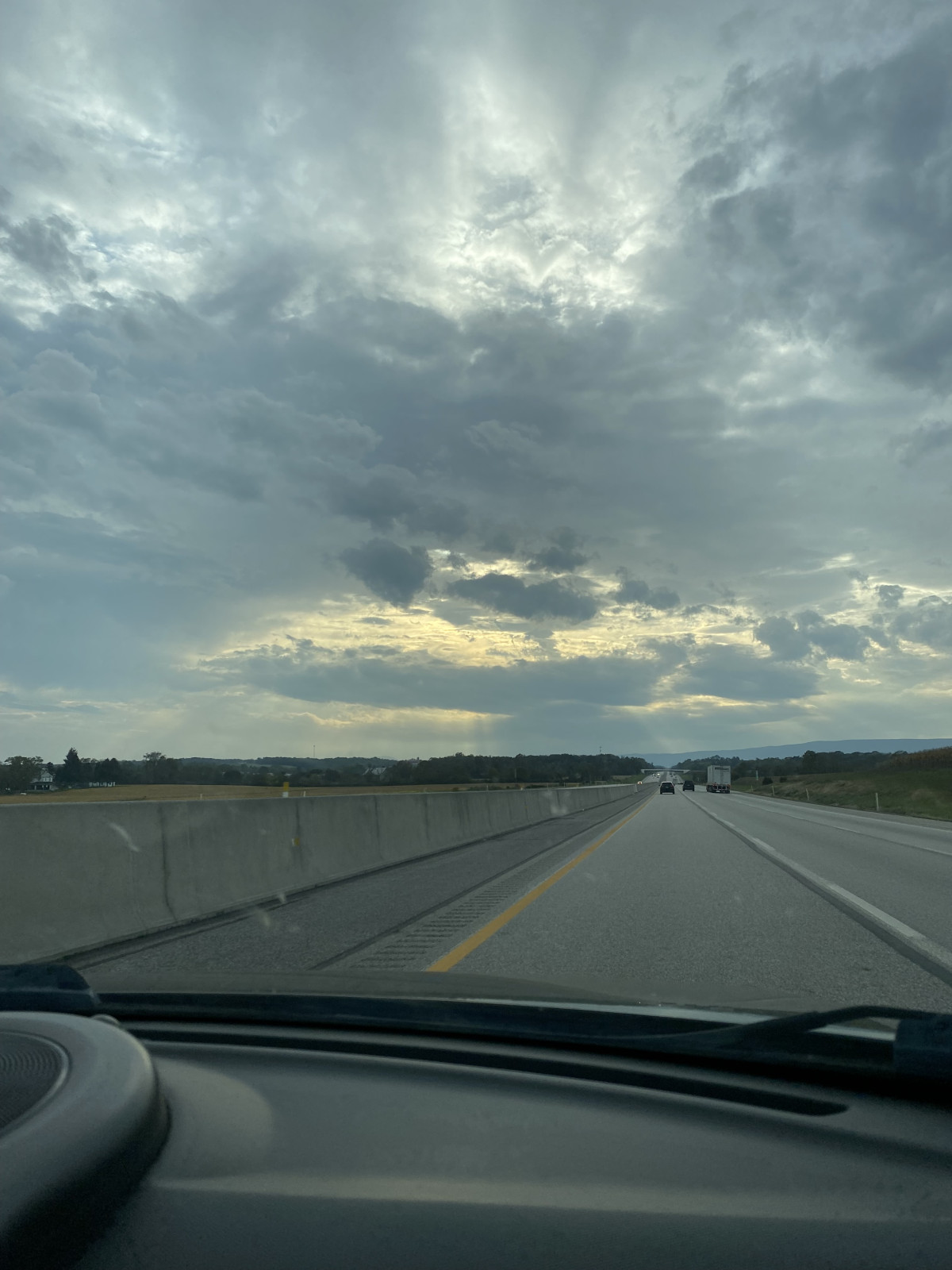
I dropped off my daughter at the airport to go on our church mission trip to Uganda, Africa. And it did not go as planned. But we made the best out of what happened. You too, can learn from our experience and make the best out of unforeseen circumstances.
Before we even left our driveway, we noticed something wasn't quite right with the car's windshield. Here in Pittsburgh, it's pretty cold in the morning right now and there was definitely a frost, and unbeknownst to me, my defroster had stopped working.
We didn't make it very far as we realized it wasn't clearing further as anticipated and pulled over just a straight away from home to have my husband come and switch cars with us so I can get her to the airport on time. The first step was recognizing our problem and deciding how to fix it. And taking action as necessary. The next time something like this happens to you, think about what you can do to solve the problem, and take the necessary steps to do it.
We got on our way with a car with a defroster that worked, but we ended up in traffic that was backed up all the way down the hill to the road going toward the airport. Again, an unforeseen circumstance that we could not control. But we knew God was in control.
Were we having fun yet?
Honestly, yes and no. We got to choose our response. You too, can choose your response when something happens that's out of your control. We used the time to speak positive thoughts and to pray. I told her to save time on the other side of the drop off, I would just say my goodbyes to her now so that she could just be booted out of the car when we got to the departure lane at Pittsburgh International Airport.
How will you choose to change your mindset next time something similar to this happens?
What actions will you take to not become upset in the moment?
Enjoy the moment you're in and pray for the situation around you.
It's not always easy when the emotions are bubbling inside, but we always have a choice to make as to where we focus and how we will respond when unavoidable and irritating things happen in life that we didn't plan for and didn't want.
We also have a choice as to how we respond with others when such things happen.
To hear more on this topic, click here to listen to this podcast: When You Feel Angry for being Mistreated - Boundaries and Grace

